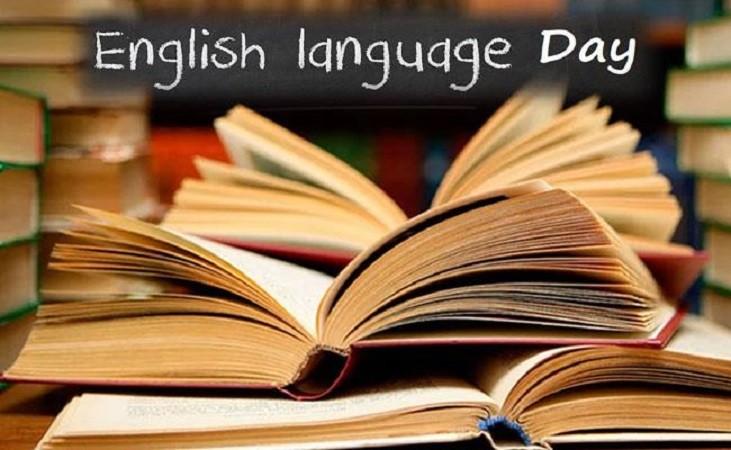
Every year, International English Language day is celebrated on April 23 . This day is specifically dedicated to creating awareness about the language’s history, and also boosting proficiency for speakers all around the world.
Along with English Language Day, World Book and Copyright Day is also celebrated on this day. Both these days are celebrated as the birth anniversary and death anniversary of the great English writer of the world. The English language is said to be one of the languages spoken around the world.
The United Nations has set up this holiday besides Arabic, Chinese, French, Russian, and Spanish to promote cultural diversity and multilingualism. To commemorate this day, many organisations around the world hold events including quizzes, book readings, and movie screenings. This day is intended to inform individuals of all ages about the elegance, intricacy, and universality of the language, whether you're a student or an adult.
Three Germanic tribes that entered Britain in the fifth century A.D. are said to be the beginning of the English language. The Angles, Saxons, and Jutes came from what are now known as modern Denmark and North Germany over the North Sea. The majority of British immigrants at the time spoke the Celtic language. They were forced to migrate to the west and north, which is now known as Wales, Ireland, and Scotland, after the invaders pushed them away.
The Germanic tribes created Old English, the ancient form of the English that is still widely spoken today, between 450 and 1100 AD. In the year 1100 AD, Old English began to disappear. The linguistic split of England began with William the Conqueror's invasion as the Duke of Normandy. The lower classes eventually spoke English and the upper classes French. With the addition of French terms to Old English, this split developed into a linguistic mashup known as Middle English, which finally overtook English as the primary language in Britain in the 14th century.
Beginning in the 16th century, when the pronunciation of the language underwent a noticeable change, Modern English began to gain popularity. The 'Great Vowel Shift' was a period of time when vowels in English were pronounced shorter and shorter. During this time, printing of texts and books began, standardising modern English as a language of everyday use in Britain. The first English-language dictionary was printed in 1604.
The vocabulary is the fundamental distinction between Modern English of the sixteenth century and English today. The Industrial Revolution and the Global British Empire were two elements in this. More words were required after the Industrial Revolution. On the other hand, this was also the height of the British Empire's colony, which at the time controlled a fifth of the planet's landmass and compelled its inhabitants to eventually acquire foreign terms.
World Creativity- Innovation Day 2023 observes on 21st April